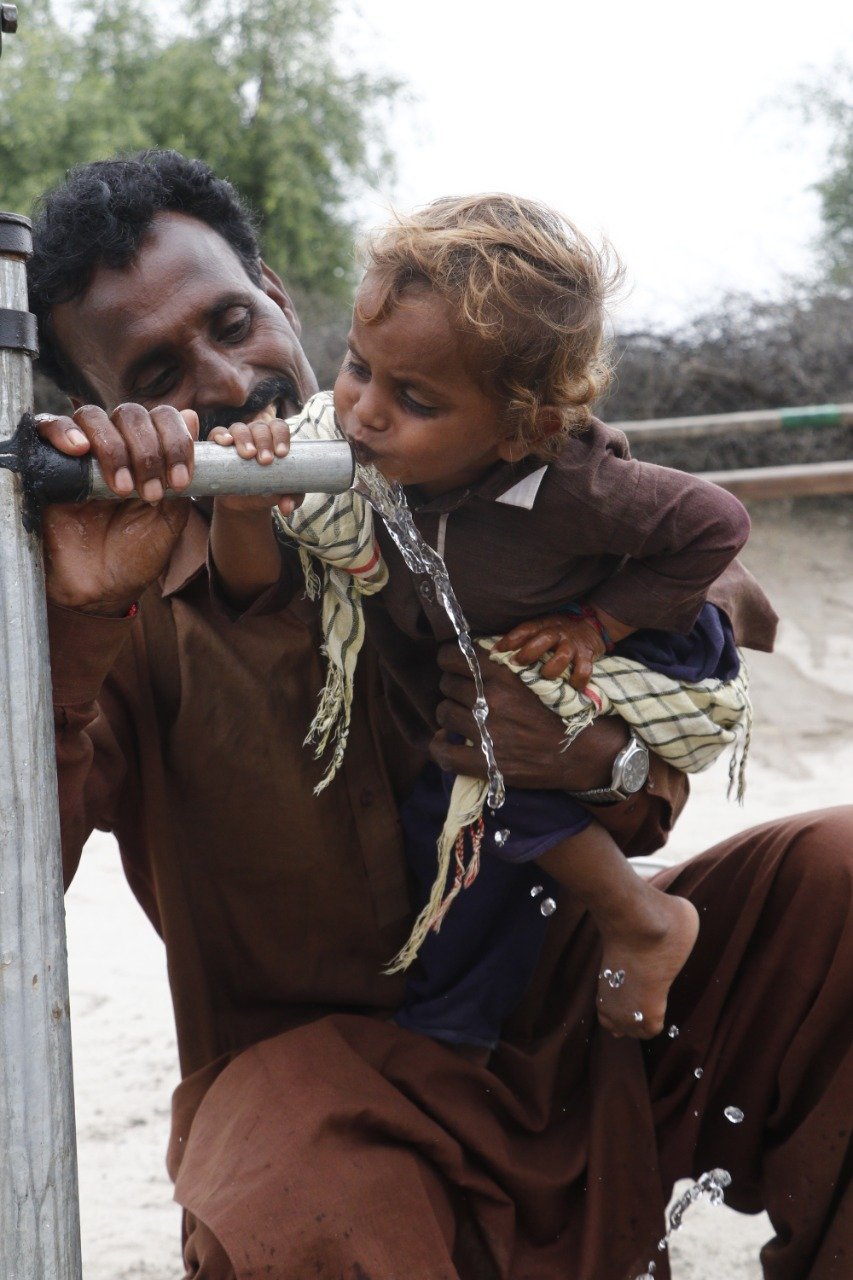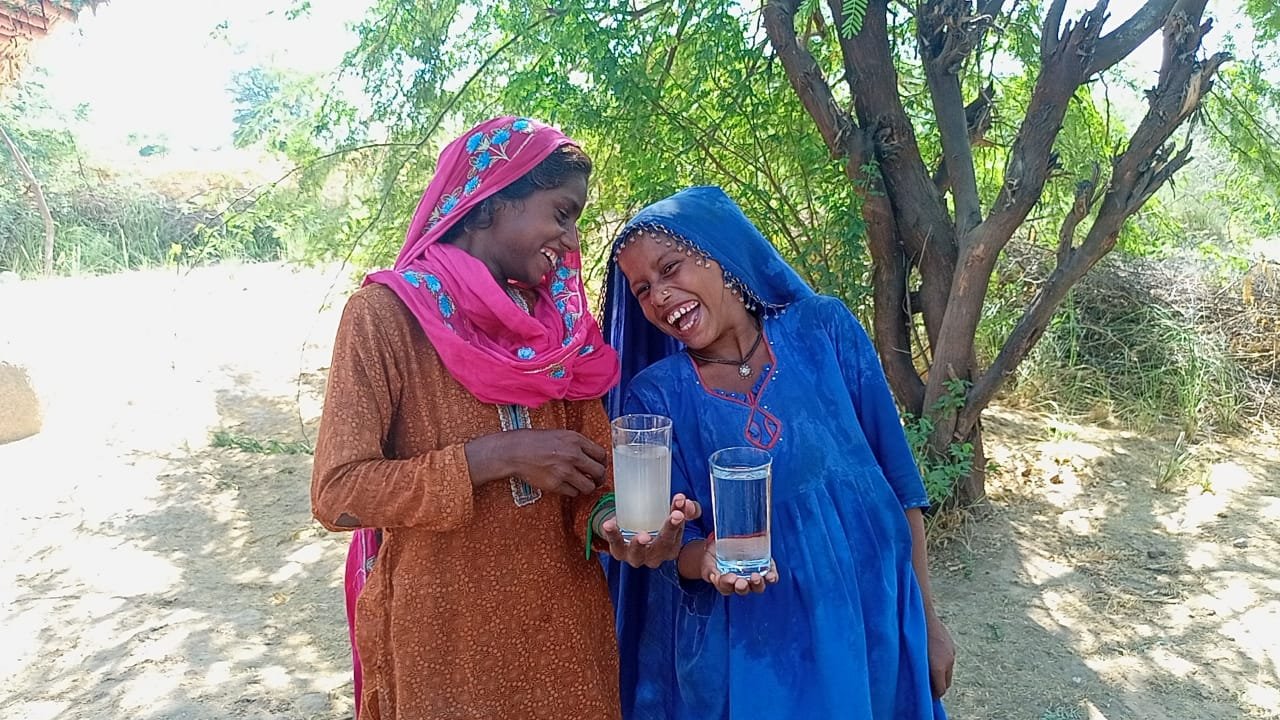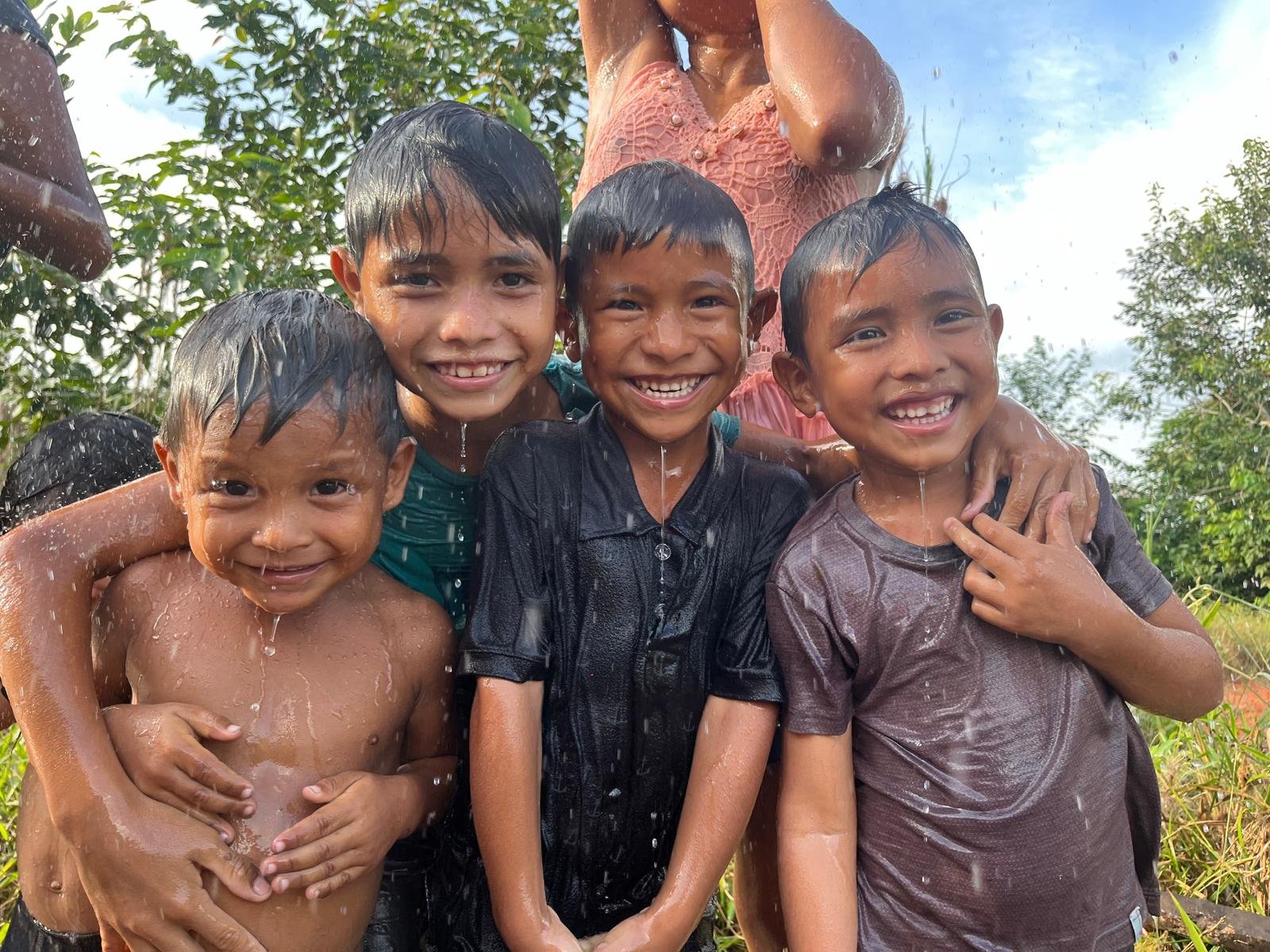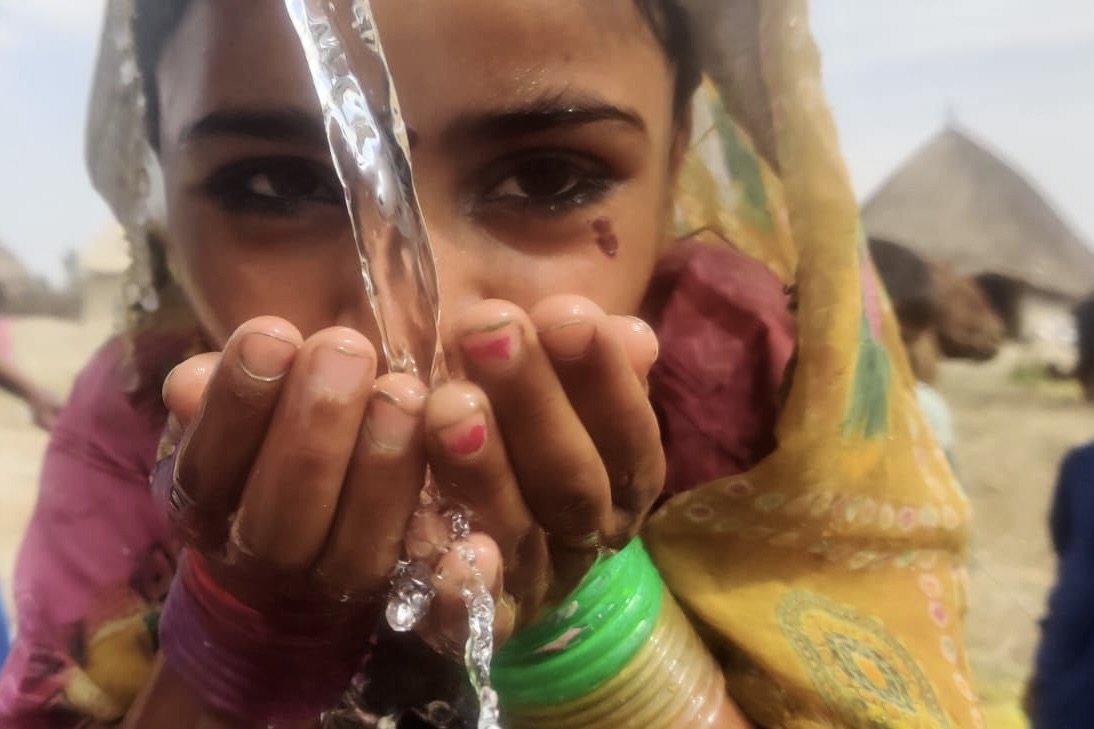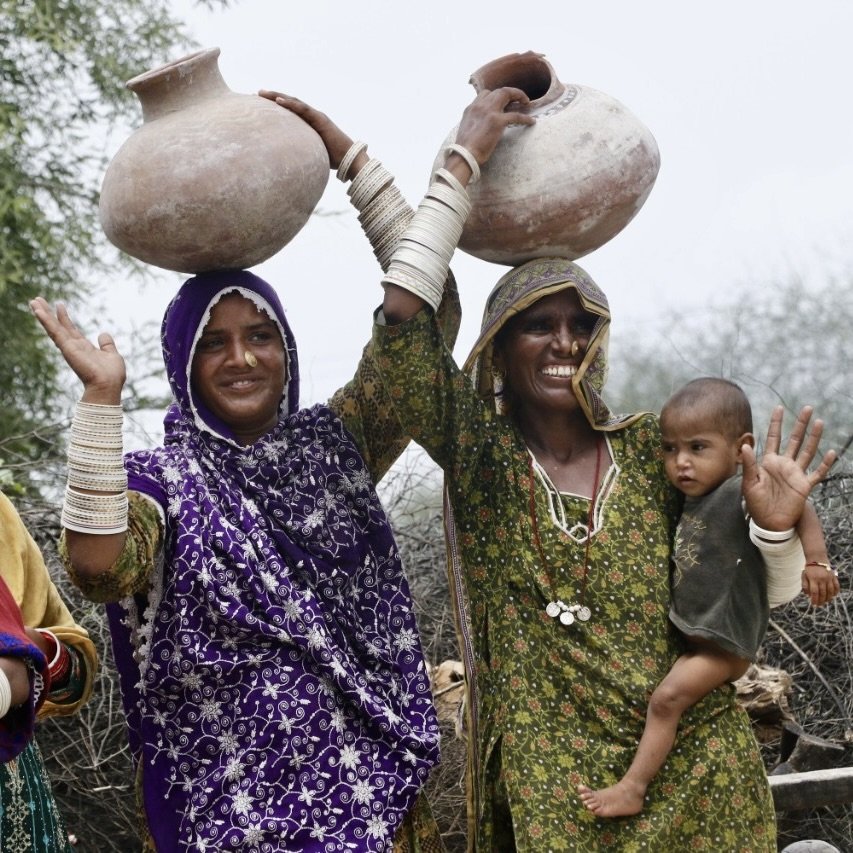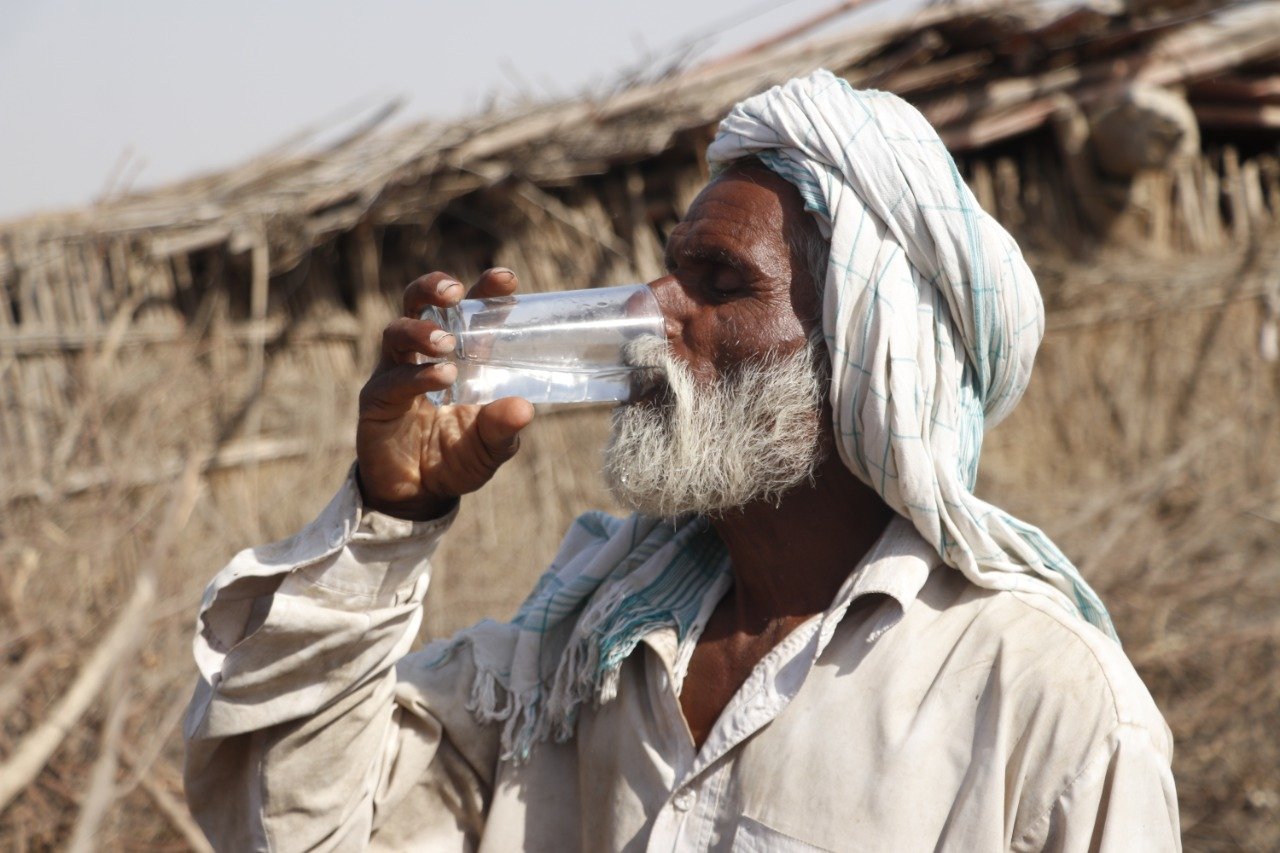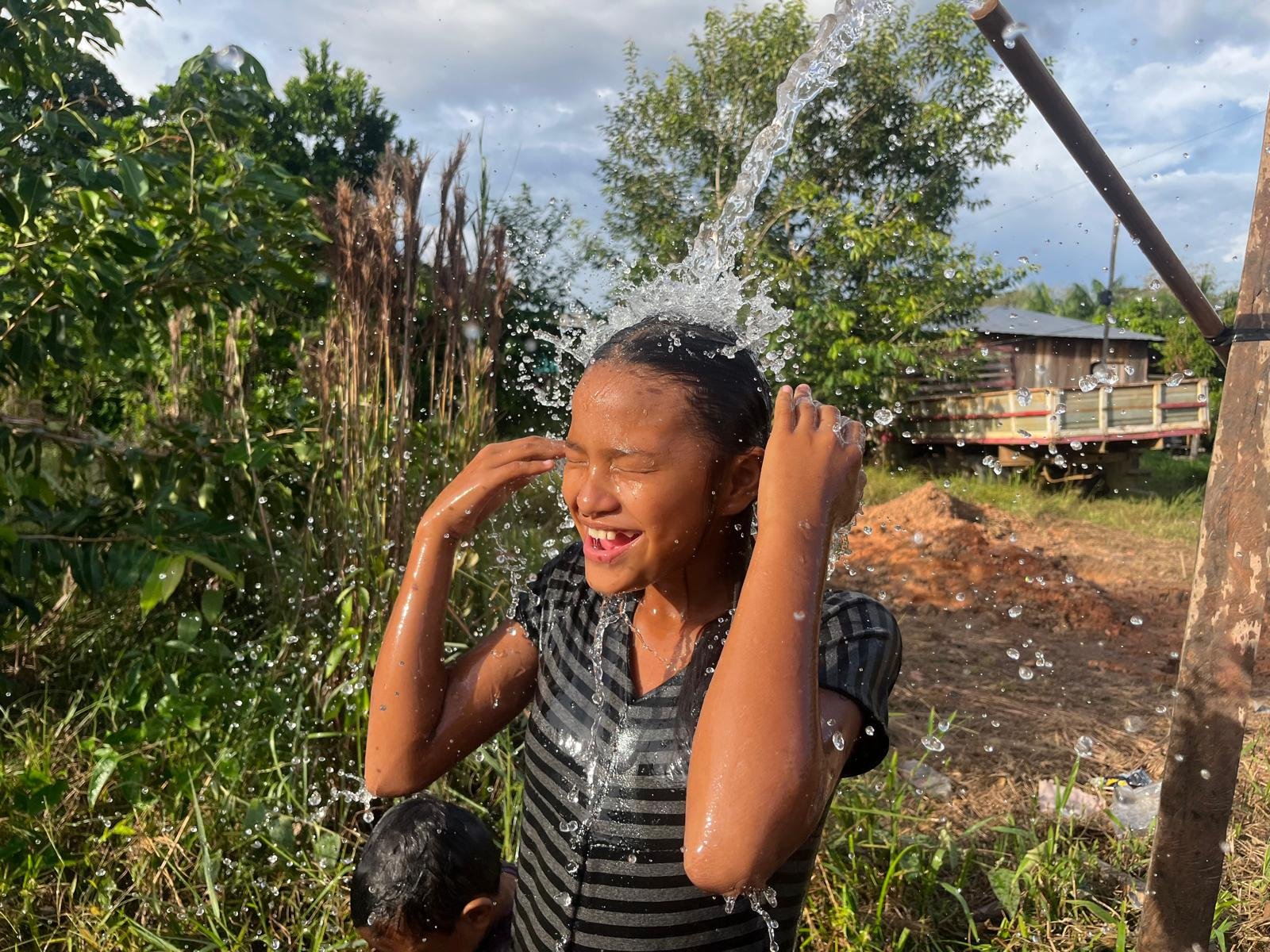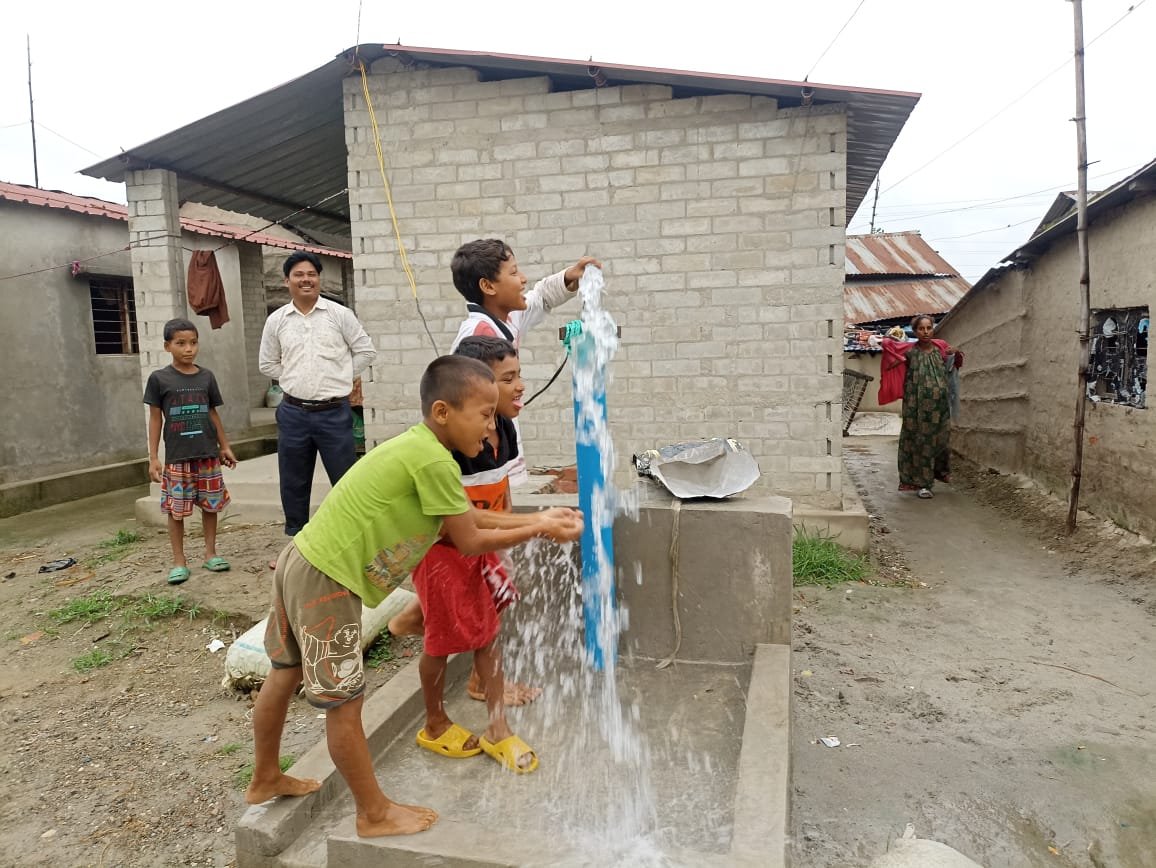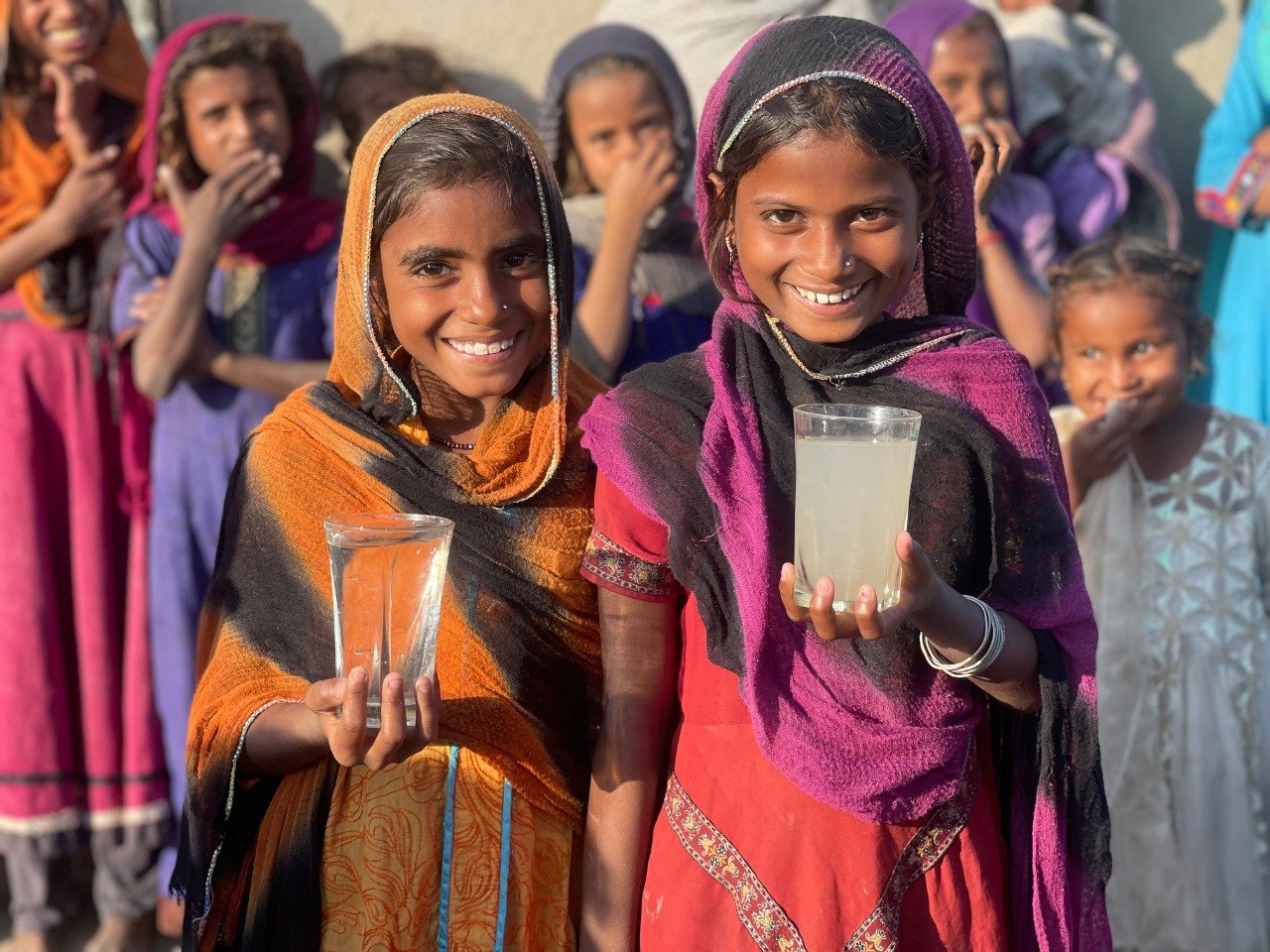
Clean Water
“Access to safe water is a fundamental human need and, therefore, a basic human right. Contaminated water jeopardizes both the physical and social health of all people.”
-Former United Nations (UN) Secretary-General Kofi Annan
According to water.org:
2.2 billion people worldwide - 1 in 4 - suffer from lack of access to clean water
Nearly 1 million die from sanitation, water, and hygiene-related diseases each year
A child dies from a water-related illness every 2 minutes
JLH works with local organizations to provide water pumps and wells in areas with a desperate need for clean water sources.
We are working in Pakistan, Nepal, India, Bangladesh and the Amazon, and have provided more than 330 water pumps and wells so far. See below for more information about each country’s program.
“My name is Laji, and in my village we are farmers by profession. We take dirty water from the canal where all the animals not only drink, but also relieve themselves, so their urine and dung is in the canal. Sometimes even dead animals are in this same water. This causes severe diseases in our village. In order to get better water, we had to travel to far off places. One day, a JLH team visited us and offered us clean water, and they came to install a water pump. Now we are experiencing fresh clean water!”
— Laji, water pump recipient in Pakistan
Current Projects
(Need more details? Have questions? Contact us.)
-
Since 2018, we have been providing water pumps to villages with no access to clean water throughout the provinces of Sindh, Balochistan and Punjab. 323 have been installed so far, and more are added monthly.
Cost per water pump: $500 -
In the jungles of the Amazon of Brazil, we are working among remote people groups living along the Solimões River (Rio Solimões) and the Black River (Rio Negro), who have no access to clean, safe drinking water. So far, we have built 23 wells, and we hope to add 10 more in 2024.
Cost per well: $2500 -
JLH has funded wells and water pumps in villages lacking access to clean water in several areas of Nepal. Some of these provide safety for young women who formerly had to walk hours for water each day, leaving them vulnerable to traffickers. Others provide clean water for remote villages and schools.
Cost per pump: $1000 -
Bore wells: The Eastern Ghats, a mountain range with a population of around 650,000 people in 3,500 villages, is the biggest tribal region in Andhra Pradesh. The majority of the villages are primitive and remote, and do not have access to drinking water. Villagers walk many kilometers to rivers or streams in order to find drinking water, yet often these have been used for cleaning the animals, washing clothes, bathing, etc. and are unsanitary and polluted. Diseases like malaria, dengue, viral fevers, chikungunya and typhoid as well as diarrhea are rampant causing much suffering and often death. A bore well in a village saves lives.
Cost per well: $1000 -
In some villages there is a huge need for clean water; we drill the well, build a tower, purchase the tank, connect all the pipes, and connect it to a source of electricity.
Cost per well: $8-10,000 -
Water pumps are needed in many villages that lack access to clean water.
Cost per water pump: $400

